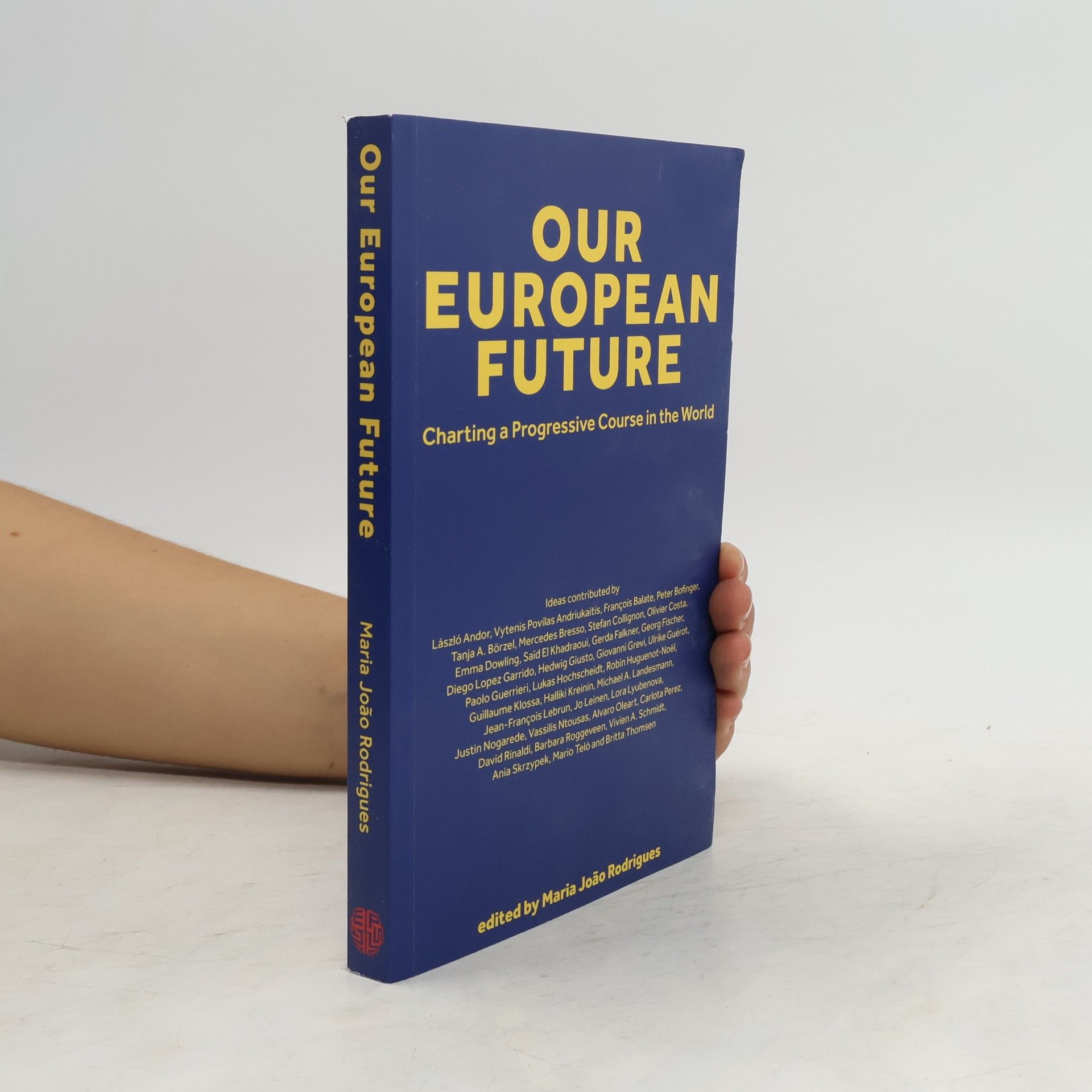The world is facing many great challenges: from pandemics to climate change, and from increasing inequality to the issues surrounding digitalization. In a new and rapidly changing global landscape, Europe must look for solutions to these difficulties to follow up on its impressive decades-long process of integration. Europe has the capacity to chart a progressive course in the world. Our European Future offers solutions to rethink our socioeconomic model in the glare of the environmental and digital transformations; to redefine Europe's role in the world to contribute to renewed multilateralism; to strengthen investment in public goods; and finally, to re-invent our democratic contract. The book brings together the insights of renowned experts from across Europe, and it should prove a handy guide for any progressive thinker, policymaker or activist, and for any citizen who would like to take part in the necessary democratic debate about our future. This book, edited by Maria João Rodrigues with the collaboration of François Balate, is a first contribution from the Foundation for European Progressives Studies to the Conference on the Future of Europe and beyond.
Stefan Collignon Knihy
11. prosinec 1951
